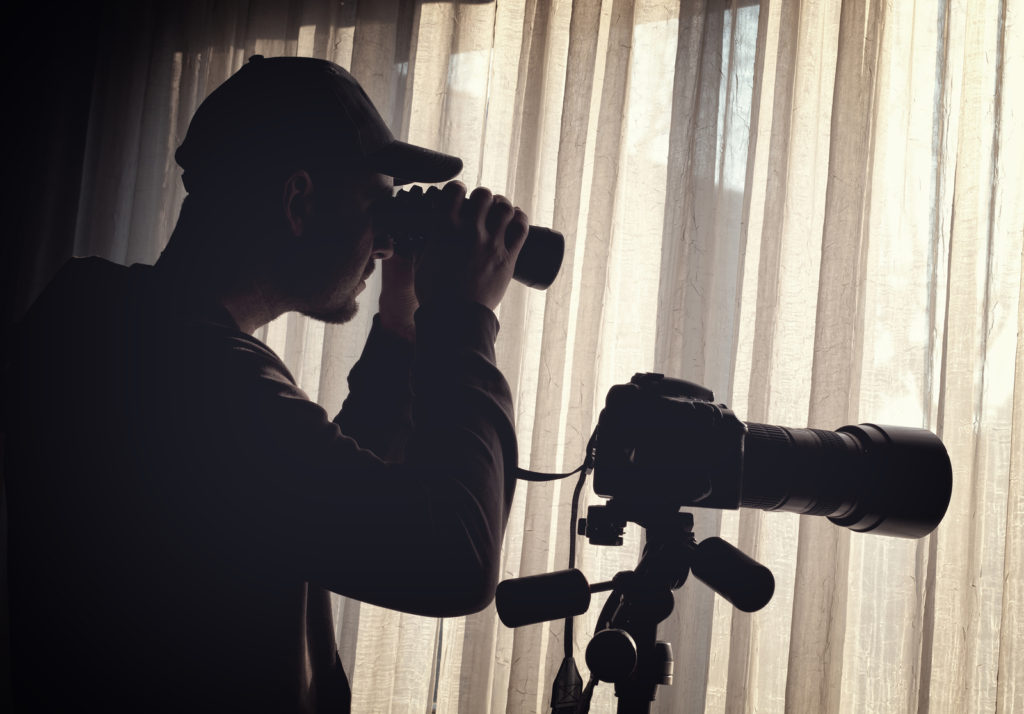
Most people outside of the personal protection industry only see bodyguards when they are hovering around celebrities walking the red carpet or government officials working a crowd and shaking hands. Escorting a high-profile client out in public areas is just one small part of the modern bodyguard‘s job.
Today’s bodyguard agencies are not only responsible for their client’s physical safety, but also for protecting against covert third-party surveillance like foreign agents, paparazzi, stalkers, hotel and hospital employees and so on. With the proliferation of discreet recording devices like phone cameras in recent years, it’s become more challenging than ever for EP professionals to detect and counteract unwanted surveillance.
As a professional bodyguard, you need to be familiar with the most common and the latest types of surveillance methods that can be used against you and your client so that you can effectively detect and neutralize them. Countersurveillance training will teach you tactical methods you can you to obscure your movements and detect anyone conducting surveillance on you or your detail.
One of the most common responsibilities of an EP unit is to conduct a physical sweep for electronic surveillance (commonly known as “bugs”) before a client arrives to a location. This will very often be a hotel room or private conference room. You will also learn how to spot a “tail” while driving, as well as when and how to perform evasive maneuvers. These techniques are usually covered in a dedicated tactical driving course.
At some of the top bodyguard agencies, countersurveillance is frequently assigned to specialists in a protective unit who are part of an advance team or assigned to an escort as a dedicated countersurveillance expert. In addition to conducting room sweeps before a client’s arrival, a countersurveillance specialist will also routinely devise cover and concealment tactics, map multiple routes to and from locations, and have “backdoor” entrance and exit plans in place after doing venue research and analysis.
Most bodyguard courses will cover at least the basics of countersurveillance since it is such a key element to keeping your client protected from potential threats, but it is a broad topic that will take years of real experience to master.
So while learning the fundamentals of surveillance is critical for a bodyguard, it’s the field experience where you will really start to learn the craft. When you get hired by an agency, they will train you up on their SOPs. This will expose you to many more real-world countersurveillance techniques than could ever be covered in a single class.